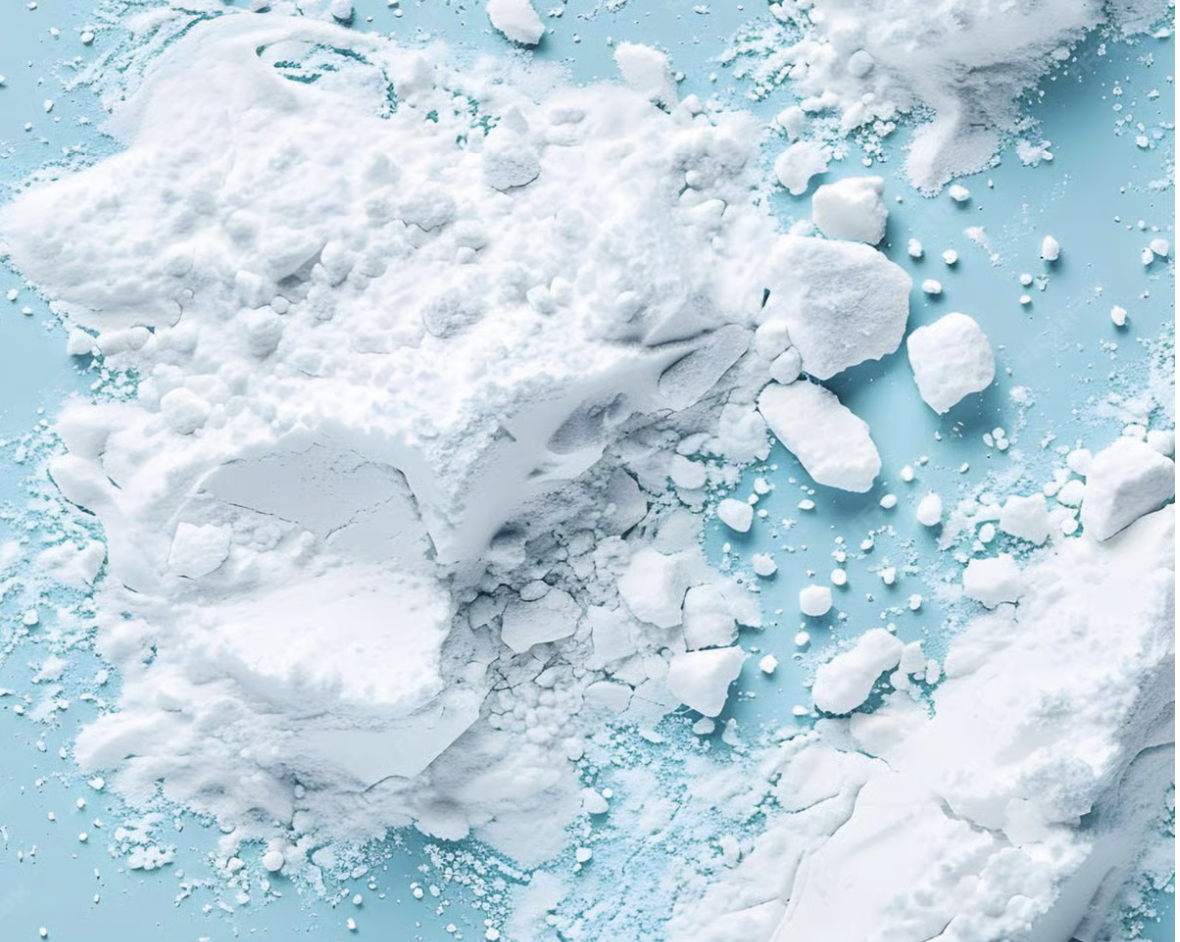“I Have Dense Breasts. Is HRT Risky?
Dense breasts are common—but they can make detecting breast cancer trickier and may amplify certain risks. Here’s what every woman should know before starting HRT.

Great question! This applies to more women than you might think—about 40-50% of women in the U.S. aged 40-74 have dense breasts. But why does that matter?
According to Fornili et al. (2021) in the journal Breast Cancer Research:
“Mammographic density, that is the dense area of the breast consisting of epithelial and stromal tissue that appears light on a mammogram—as opposed to fat tissue that appears dark (non-dense area, NDA)—is one of the strongest risk factors for breast cancer (BC) in both pre- and postmenopausal women.’
In other words, dense breast tissue appears white on a mammogram, just like a tumor. That makes detecting cancer like looking for a snowball during a snowstorm. And if we can’t detect it, we can’t treat it.
But does having dense breasts increase the risk of breast cancer for women on replacement hormone therapy (HRT)? As you might expect, the answer depends on who you ask and what data you cite.
What The Science Says
It’s a mixed bag. Numerous peer-reviewed medical journals in the field of oncology state that yes, HRT does increase the risk of breast cancer in women with dense breasts.
One of the more recent papers to support this is the E3N cohort study published in Breast Cancer Research (2021). This study tracked postmenopausal women in France for 11 years and found:
“Mammographic density levels were higher in current Menopausal Hormone Therapy (MHT or HRT) users vs never users, already within the first year of use, whereas levels in women who stopped therapy more than 8 years earlier were similar to levels of never users. Mammographic density mediated up to 50% of the effect of MHT on breast cancer risk.”*
*Paraphrased for clarity.
In plain English: The women’s breasts on HRT appeared denser on mammograms compared to women who never used these hormones. Because this denser tissue is partially responsible for higher cancer risk, the study concluded that HRT should be prescribed with caution, “especially in women with high mammographic density.”
Should I Not Take HRT as Someone With Dense Breasts?
No. (I have dense breasts, and I personally take HRT.) But what it does mean is that the decision isn’t as simple as evaluating just one body part or one health outcome.
Menopause care is holistic. If you have menopause symptoms, I recommend you go to a physician who is well-versed in all of the latest medical literature—not just on breast cancer, but on the whole woman—head to toe.
It’s also important to remember that for every study showing a negative association, there are plenty that don’t (or even show a positive effect!).
My recommendation for women with dense breasts stays the same: Screen with BOTH a 3D mammogram and a breast ultrasound (as long as insurance will cover both).
Since dense tissue can make it harder for mammograms to spot tumors (remember, snowball in a snowstorm!) using both imaging methods improves detection. Ask your doctor if you can get both imaging tests as well as if you have dense breasts.


